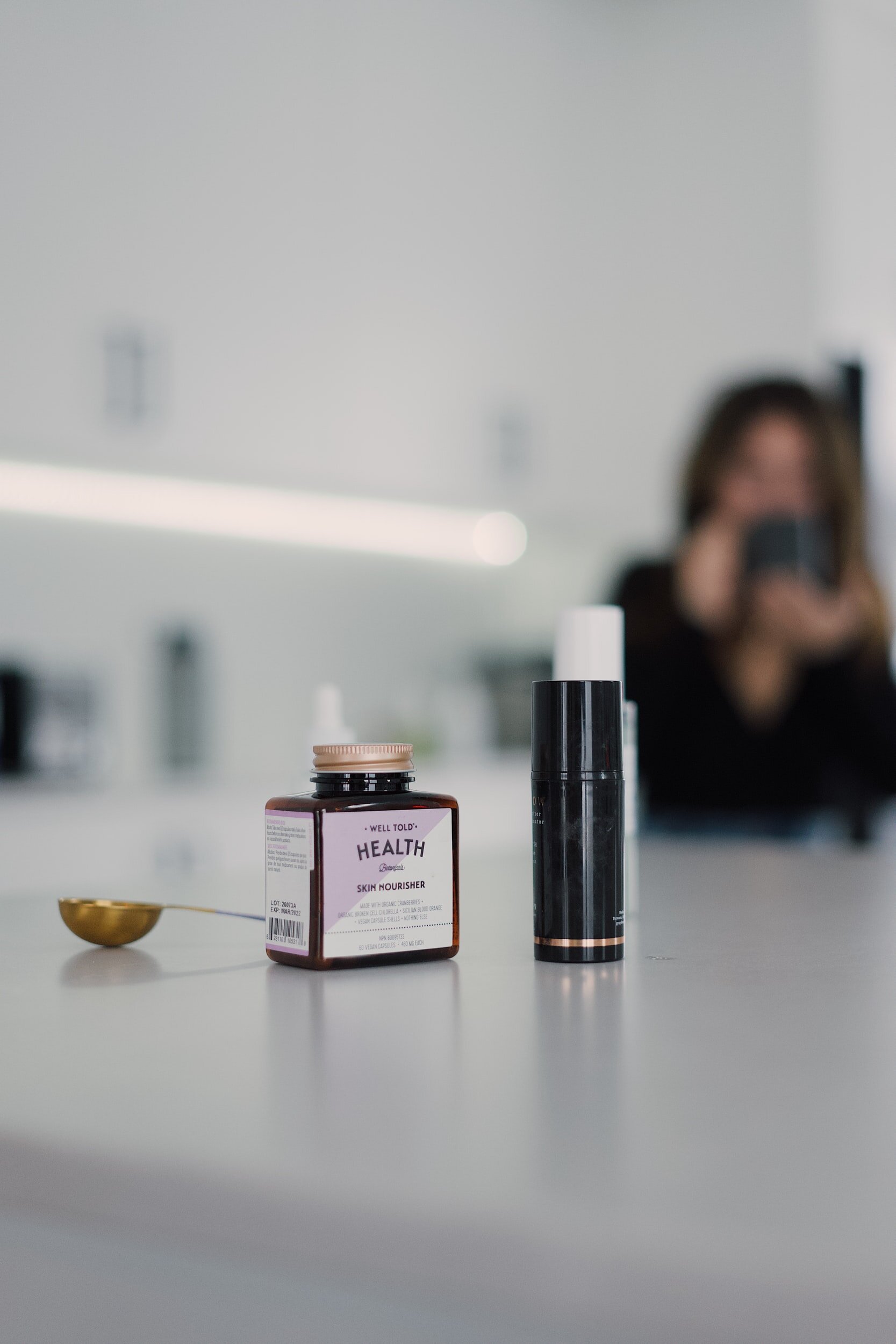Do I need to supplement with vitamin D?

Vitamin D is also known as calciferol. It is a fat-soluble vitamin which is naturally present in few foods. However, it is the only vitamin, which is produced endogenously, when the skin is exposed to Ultraviolet (UV) rays from the sunlight (1). However, the amount of vitamin D synthesised by the skin depends on the exposure skin has to UVB radiation. Factors such as clothing and sun cream have an impact on this too.
Vitamin D has many roles within the body. It is important for the maintenance of healthy bones and muscles. Without enough vitamin D throughout the diet, bones can become thin and brittle, which may lead to the likes of rickets in children and osteomalacia in adults (2). Vitamin D is metabolised first to 25 hydroxyvitamin D (25OHD) and then to the active hormone 1,25-dihydroxy vitamin D (1,25(OH)2D) in the liver and the kidney. This active hormone is then used to regulate the metabolism of calcium and phosphorus (3).


Vitamin D comes in two forms, D2 (ergocalciferol) and D3 (cholecalciferol). There are many foods which are now fortified with vitamin D2 such as orange juice and breakfast cereals. Vitamin D2 is primarily found in plant sources where it is derived from UV irradiation of the plant sterol ergosterol. D3 is found in animal sources such as egg yolks and some fatty fish, such as salmon. Vitamin D3 is primarily obtained in 3 different ways; spending time in the sun, eating certain foods and taking supplements. However, it is well known that during the UK winters the UVB rays from sunlight is insufficient to initiate the synthesis of vitamin D, it is therefore why it is strongly suggested that people take vitamin D supplements throughout the winter months (4). It is recommended that adults should get approximately 10 micrograms (mg) of vitamin D a day which is equivalent to 400 international units (IU) (5). However, it is important to consult with health care professionals before taking any kind of supplementation.
Vitamin D requirements are very much dependent on individuals and various lifestyle factors. Skin synthesis of vitamin D is self-regulated and so long sun exposure will not affect excessive vitamin D production. However, excessive dietary intake via foods and supplements can lead to hypercalcaemia (high calcium levels within the blood). This can lead to kidney damage and the demineralisation of bones (3).


